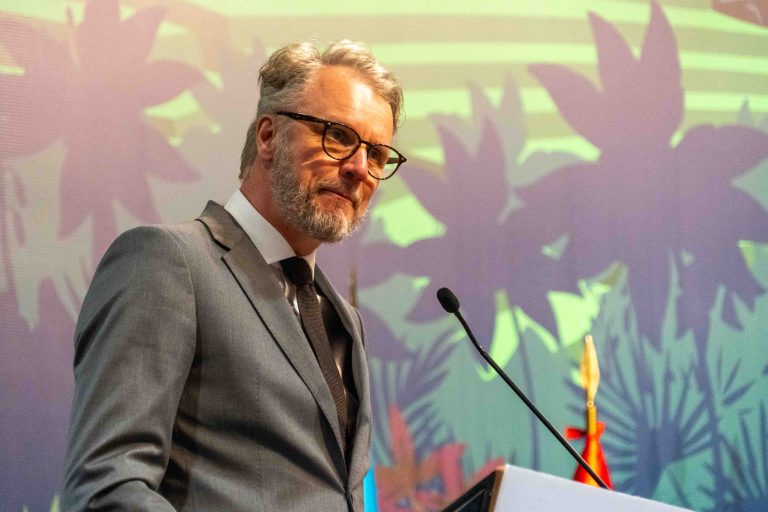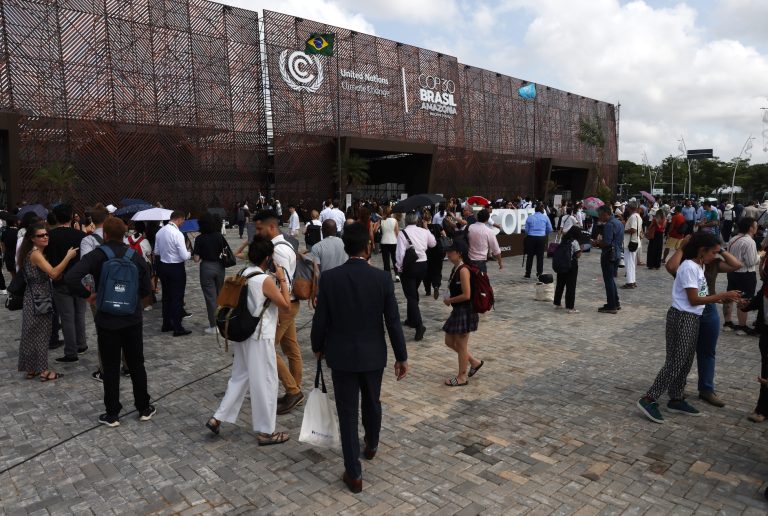Nairobi, Kenya — The transformative power of quality seed in improving farmers’ livelihoods and strengthening rural communities took center stage at one of the breakaway sessions during the 2025 World Congress of Agricultural Journalists, held in the “cradle of mankind,” Nairobi, Kenya, on 16 October 2025.
Hosted by the International Seed Federation (ISF) and moderated by ISF Communications Manager Airah Cadiogan, the panel brought together leaders from East-West Seed, Rijk Zwaan, and Corteva Agriscience to explore how access to improved, high-quality seed varieties can boost farmers’ productivity and incomes—including those of smallholders—while contributing to more resilient and prosperous communities.
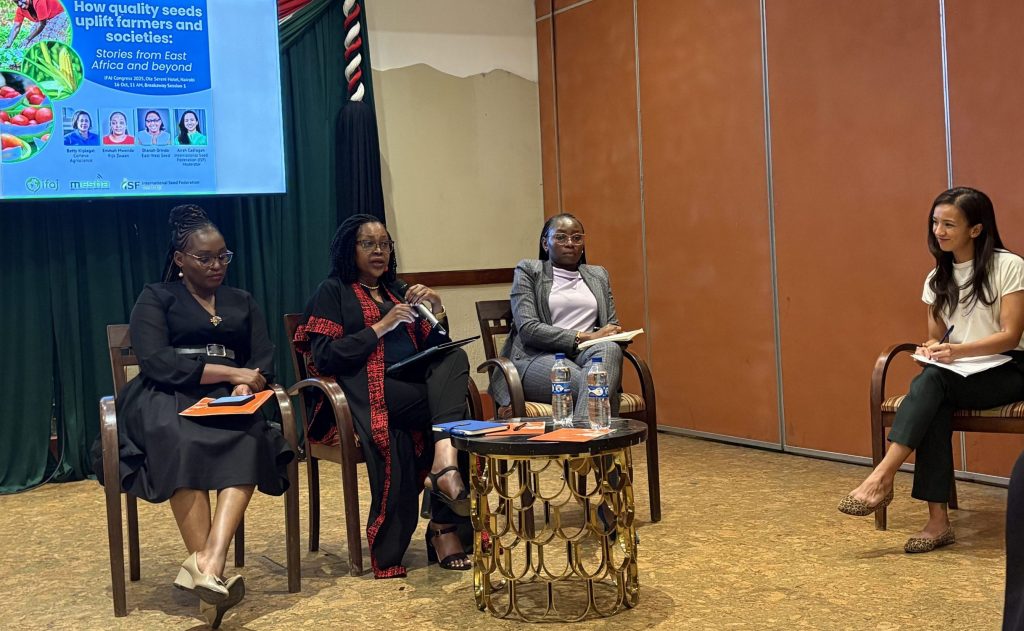
Seeds That Make the Difference
Dianah Orinda, Country Manager for Kenya and Uganda at East-West Seed, shared compelling stories of how high-quality seed—adapted to local conditions and resilient against pests and diseases—can improve farming outcomes when paired with training and agronomic support.
“The right seed, combined with farmer knowledge and support to optimize the full potential of the seed, can make the difference between subsistence and success,” Dianah said.
Enabling Access Through Sound Policy
Addressing the critical question of access, Betty Kiplagat, Government and Industry Affairs Lead for Middle East and Africa at Corteva Agriscience, underscored the importance of enabling policy and regulatory frameworks that facilitate the distribution of improved seeds: “These frameworks must be grounded in science and reflect the realities of farmers and seed companies working in diverse local contexts,” she emphasized.
Betty also spoke about common misconceptions, such as the belief that “all seeds are equal” or that regulations hinder access, which can ultimately harm farmers. “These myths make farmers vulnerable to counterfeit seeds, which may be cheaper but often compromise yield and quality,” she cautioned.
She emphasized ongoing regional efforts to strengthen seed systems, harmonize regulations, and promote farmer education, ensuring innovation reaches the people who need it most.
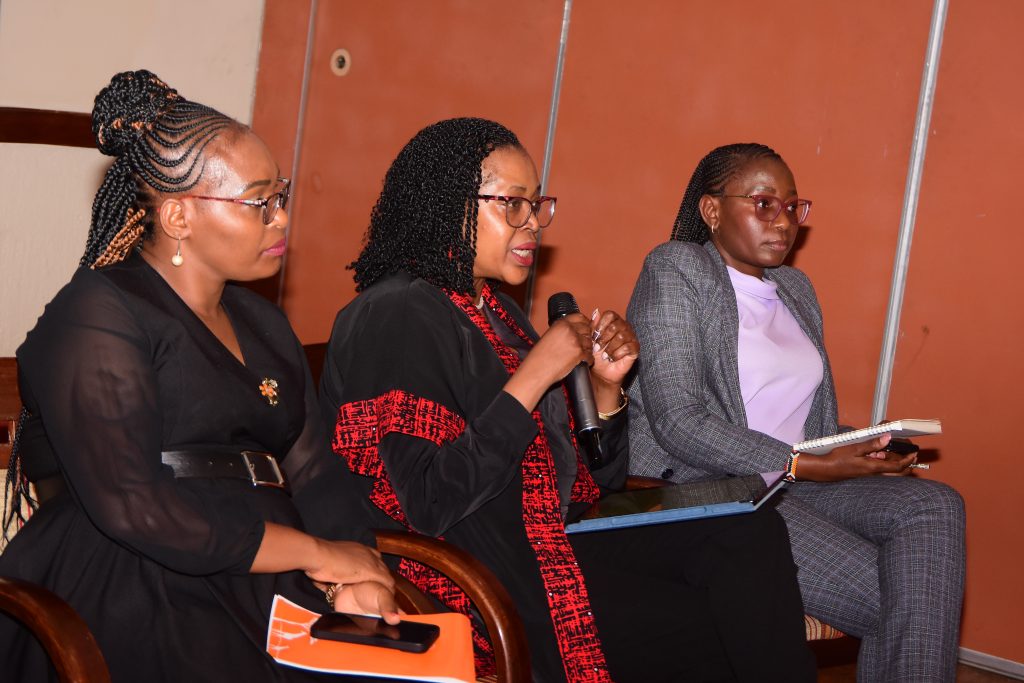
From Productivity to Prosperity
Emmah Mwenda, Kenya Country Client Manager at Rijk Zwaan, broadened the conversation beyond productivity, highlighting the ripple effects of quality seed across rural economies. Access to reliable seed, she explained, can stimulate agribusiness growth, improve nutrition security, and build community resilience to climate change.
Emmah also shared how seed companies increasingly play a role in linking farmers to markets, both domestic and international, enabling them to sell their produce at fair prices. “Every thriving farm starts with a seed, but not just any seed,” she said. “It must be of high quality, adapted to local conditions, and part of a system that values farmers as partners, not just producers.”
Highlighting Value and Partnerships
The discussion, which engaged an audience of agricultural journalists and communications professionals working in seed-related fields, highlighted two key points:
-
Collaboration is critical. Unlocking the benefits of quality seed for farmers in East Africa and beyond depends on cross-sector cooperation. Governments, researchers, and private companies must align around policies that foster innovation, facilitate seed movement, and empower farmers through choice, trusted information, training, partnerships, and market access.
-
Counterfeit seeds threaten progress. Illegal seed practices undermine both farmers’ livelihoods and the legitimate companies investing in delivering high-quality seed. Participants stressed the need for stronger policies and enforcement mechanisms to combat this challenge and protect farmers.
A Shared Commitment to Farmers’ Futures
The panel reaffirmed ISF’s commitment to ensuring that quality seed reaches every farmer, everywhere. As the world grapples with climate change, geopolitical instability, and growing food insecurity, the message from the session was clear: Access to quality seed is essential, but it’s only one piece of the puzzle.
Empowering farmers to become successful entrepreneurs and providers for their families and communities requires continued collaboration and effective communication. As the session concluded, participants recognized that journalists, too, play a vital role in telling these stories, amplifying farmers’ voices, and shaping a more resilient and food-secure future.#
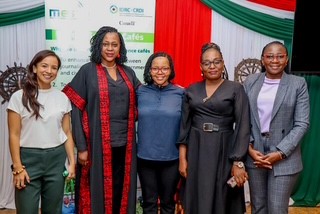
A huge thank you to MESHA and IFAJ for successfully organizing the Congress, and to all the participants who joined our lively discussion. We also appreciate the partnership from Corteva Agriscience, East-West Seed, and Rijk Zwaan for making this panel discussion possible.

